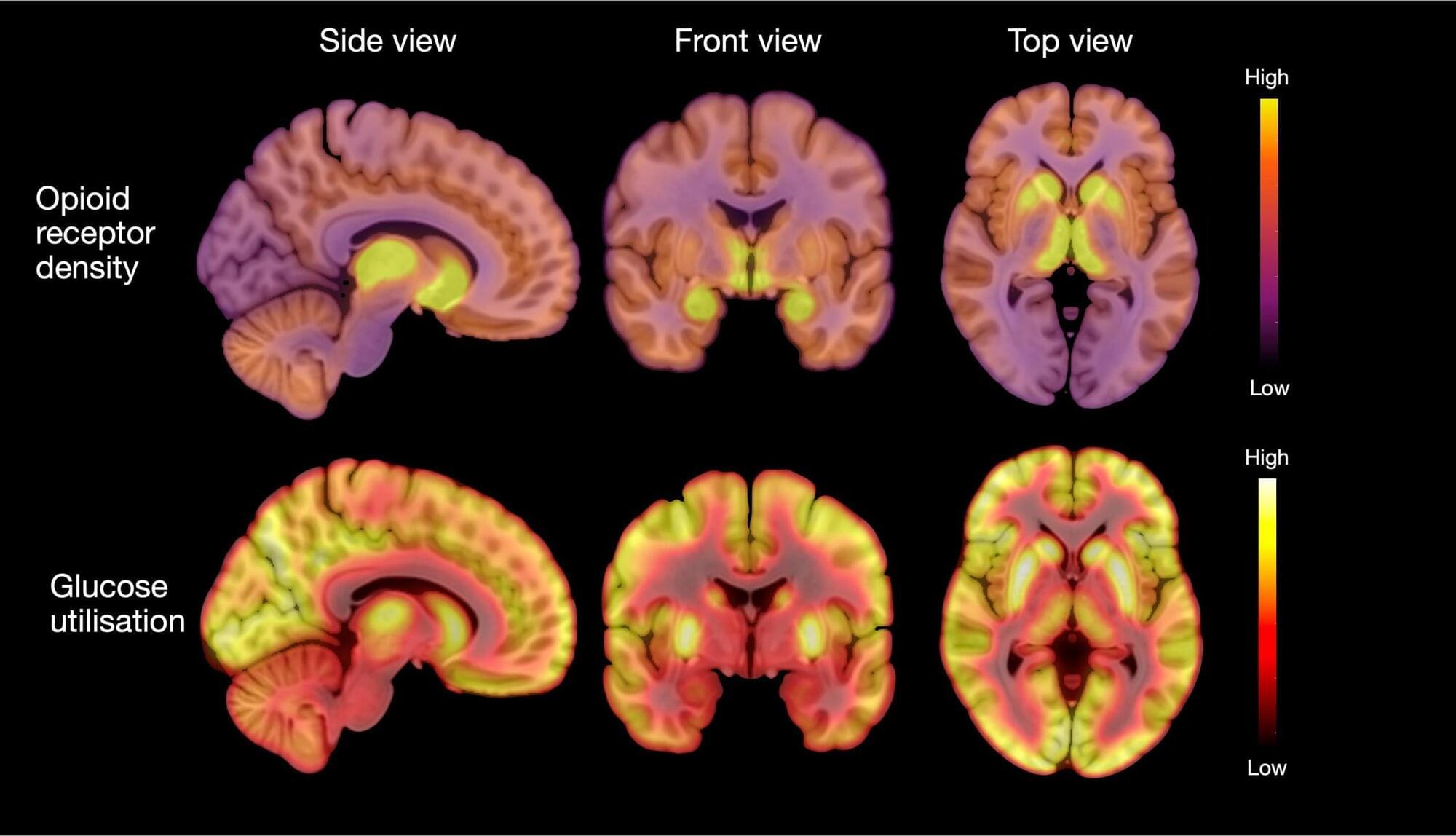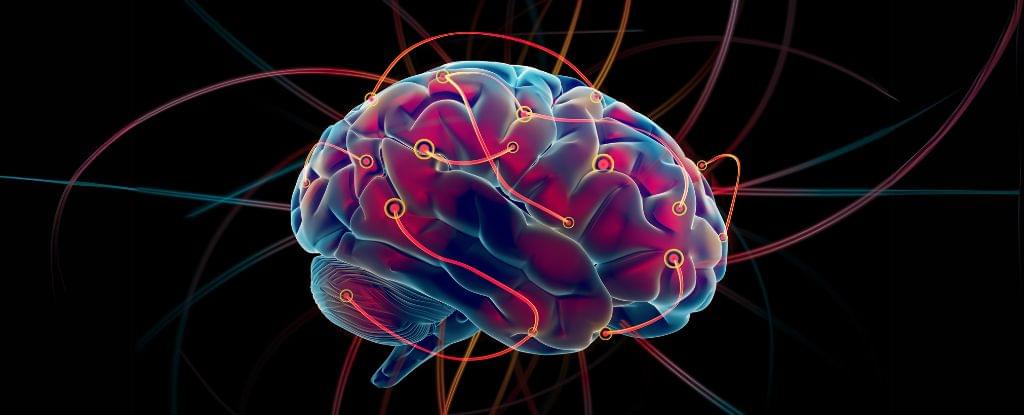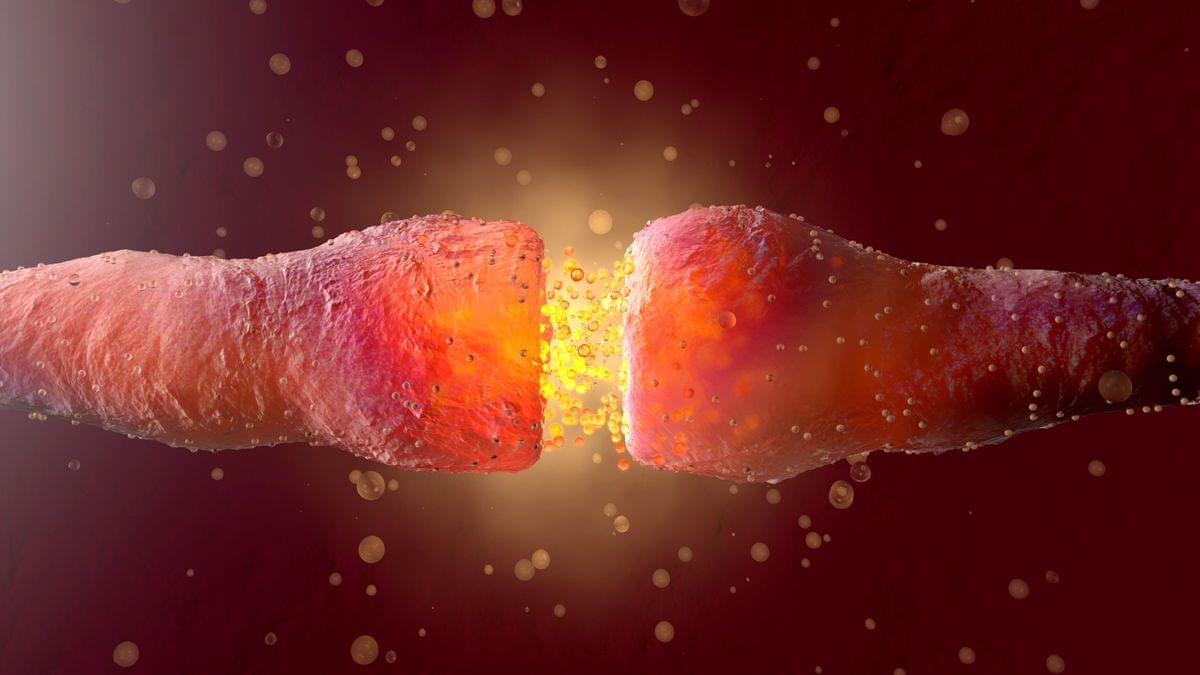New research found that individuals with anorexia nervosa have elevated opioid neurotransmitter.
A neurotransmitter is a chemical substance that transmits signals across a synapse from one neuron to another in the nervous system. These chemicals play a crucial role in the functioning of the brain and body, influencing everything from mood, sleep, and learning to heart rate, anxiety, and fear. Common neurotransmitters include dopamine, serotonin, acetylcholine, and norepinephrine. They bind to specific receptors on the surface of neurons, triggering various physiological responses and allowing for the communication that underpins all neural activities. Imbalances in neurotransmitter levels can lead to neurological disorders or mental health issues, making them a central focus of study in both medicine and psychology.







